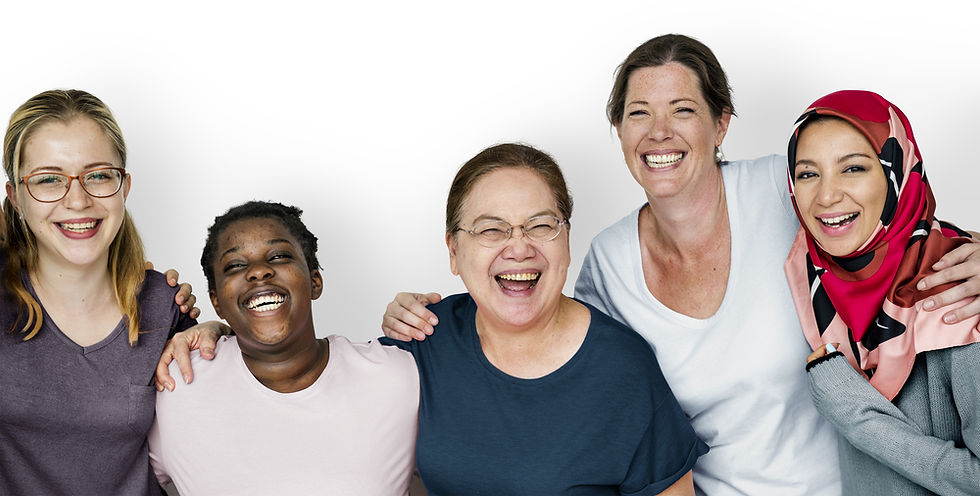How to Deal with Diet Culture Medics
- alison489
- Jan 30, 2025
- 2 min read
Updated: Feb 14, 2025
When your GP, or anyone else, is clearly still stuck in diet culture, here's what to say to push them gently out of their pre-historic mentality and into the future of health:
Express Concerns Non-Confrontationally:
Start the conversation by expressing your concerns with empathy and understanding. Use "I" statements to convey your feelings and experiences rather than placing blame on the professional. For example, say, "I've noticed that discussions about weight and diets make me feel uncomfortable. I wanted to share my perspective and hear your thoughts."
Provide Education on Health at Every Size (HAES):
Introduce the concept of Health at Every Size (HAES), emphasising that health is not determined by weight alone. Share resources and literature that support the idea that focusing on overall well-being and healthy behaviours is more beneficial than fixating on weight.
Share Personal Experiences:
If you feel comfortable, share personal experiences related to diet culture and its impact on your mental and physical health. Personal stories can be powerful tools for fostering understanding and empathy. An example is how your appetite, and stress levels, have reduced since you stopped dieting.
Suggest Alternative Approaches:
Encourage a shift in focus from weight-centric approaches to ones that prioritise overall health, intuitive eating and sustainable lifestyle changes. Suggest exploring factors such as stress management, sleep quality and mental well-being as essential components of a holistic health plan. You could say, "I am working on healing the appetite-increasing effects of weight-control dieting and I can't be dragged into this futile cycle of hope and disappointment again."
Tackling the Demand to be Weighed:
The only medical procedure that requires the medic to know your weight is for a general anaesthetic for an operation. An examples of what you say are: "when I focis on weight I eat more" or "I am recovering from the appetite-damage of dieting, so weighing myself is not an option." If they still demand you be weighed they are more firmly stuck in diet culture than even you imagined. A way around this are to stand backwards on the scales and asked not be to told (or shown, even by accident) your weight.
Recommend Educational Resources:
Suggest relevant books, articles or documentaries that challenge traditional notions of health and wellness. Encourage the medical professional to explore these resources to gain a more comprehensive understanding of alternative approaches.
Highlight Continuing Education Opportunities:
Many healthcare professionals value ongoing education. Recommend workshops, conference or courses that focus on weight-inclusive and HAES principles. This can help them stay informed about evolving perspectives in healthcare.
More Help
For Help with how to talk to everyone about waht you are doing in a way that will help your on intuitive eating journey contact Alison at The Appetite Club now.



